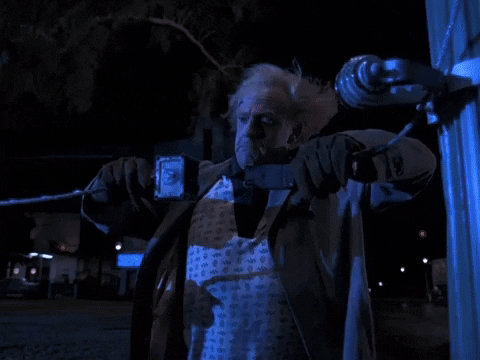
Many homeowners may be either looking to purchase a gas water heater, to replace their electrical one or may be considering buying a house that has a gas water heater already installed.
For many people, understanding how to best maintain these appliances can help extend their life.
Is Your Gas Water Heater Showing Signs of Age?
If you've purchased a house that already has a gas water heater, there's an easy way to tell how old it is.
Simply check (in most cases) the serial number located on the upper part of the apparatus.
The first two numbers in the code are the last two numbers of the year it was manufactured, so a heater with a serial number starting with 15 is one that was made in 2015.
Other indications of age include:
- Leaking from either the tank or the pipes
- Rusty or cloudy water from your faucets
- Shortage of hot water, where you aren't getting as much hot water volume as before
- Varying water temperatures, or water that runs from scalding to freezing
- Strange noises, such as popping or rumbling sound from the unit
How To Prolong the Life of Your Water Heater
Preventative maintenance is the best way to extend the life of your gas water heater – and any other appliance in your home. This includes annual or semi-annual inspections from a professional plumber capable of detecting small problems with the heater before it gives out, plus a thorough cleaning of all parts and replacing anything that looks worn.
Other ways to prolong the life of your water heater include:
- Checking the pressure, or TRP valve several times a year. First, turn off the gas supply to the heater. Then, open and close the valve a few times. A properly functioning one will release water when this happens
- Schedule an annual water heater maintenance flush annually, to remove sediment that can cause damage to the tank and affect the quality of the water
- Inspect the anode rod annually, and replace it every three to five years. This piece attracts minerals like calcium and helps to rust and corrosion
- Check the burner annually
These things are often part of a preventative maintenance service for your local plumber.
What Are My Options For Repairing or Replacing a Gas Water Heater?

A professional plumber can take care of all repairs, major and minor repairs, of your water heater.
Instead of sitting on the phone with support from the manufacturer, have a professional plumber come to your home when it's convenient for you, to complete a preventative maintenance and repair service.
Schedule Professional Plumbing Service Today!
We offer residential service for all major brands and can work with your timeline and schedule. Give us a call today to schedule professional repair or replacement of your gas water heater.
source https://www.gandcplumbing.com/post/how-long-does-a-gas-water-heater-last










